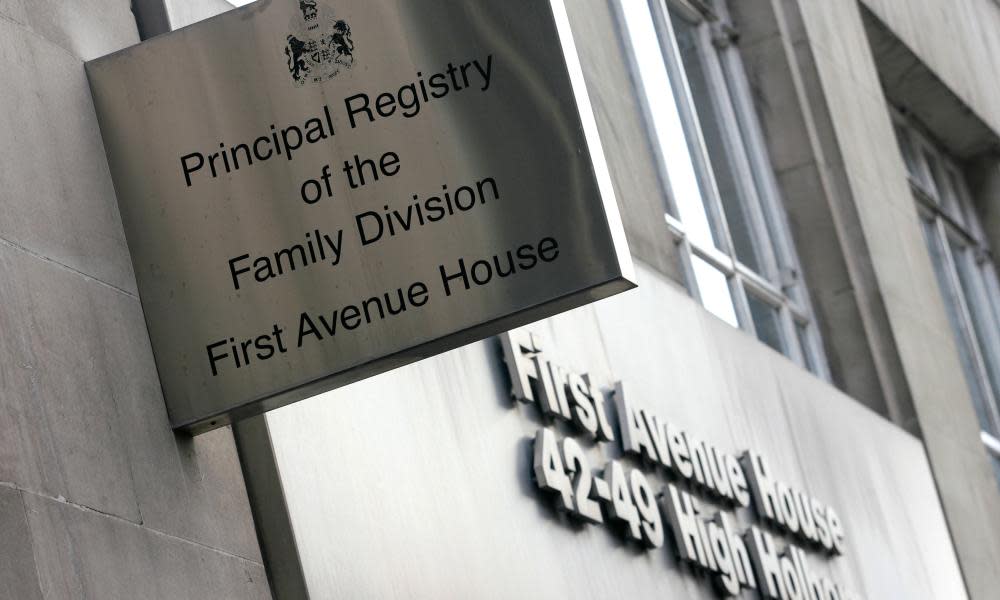Haringey council 'failed to safeguard disabled child from paedophile'

A family court judge has heavily criticised a London council over its handling of a case in which it failed to safeguard a disabled child from a convicted paedophile, saying there was a “root and branch failure” of social work.
The case involved two brothers, one severely disabled, whose mother had been groomed by a paedophile. Haringey council social workers failed to intervene, despite warnings, and failed to inform the boys’ estranged father.
Mr Justice Hayden said the case showed months of mismanagement by Haringey council, which has previously been at the centre of two high-profile child protection scandals, involving the deaths of Victoria Climbié in 2000, and Peter Connelly – known as Baby P – in 2007.
“I do not think that I have ever had to criticise a local authority to the extent that I have found it necessary to do in this case,” the judge said.
The judge published the judgment online, naming Haringey and its director of children’s services, Ann Graham, after two journalists challenged his earlier decision to place a banning order at the request of the council preventing it from being identified.
The journalists – Brian Farmer of the Press Association and Louise Tickle, a regular Guardian contributor – convinced the judge in a private hearing this week that the case was not an isolated failure and that the public had a right to know.
Lawyers representing the council, the children and the children’s mother had initially persuaded the judge that the children might be identified and harmed if the council was named.
The judge said: “This material has been unearthed by the independent press and strikes me as a graphic illustration of the importance of scrutiny of public bodies and the family court system by lively and forensically curious journalism.”
The judgment revealed that the boys’ mother refused to heed tipoffs that her friend was a convicted paedophile. There is no suggestion that they were harmed by him. Social workers also failed to appreciate that the man presented a risk to the boys – a failure the judge called “collective professional amnesia”.
The judge said Haringey’s disabilities social work team had been responsible for “a preoccupation with and empathy for the mother which eclipsed the needs of the children, a failure to evaluate risk and a planning vacuum.”
He said Haringey’s children’s services had made “some fundamental errors in which they fell considerably short of their obligations to safeguard and protect the children”.
The council’s disabilities team had been criticised for similar errors in an Ofsted report several months previously, and the judge said it had “simply lost sight of the most basic of child protection and safeguarding procedures”.
The judge ruled that the disabled boy would go into council care and the father would care for the second child. The mother would be allowed to visit the children. None of the family can be named.
Tickle said: “We felt that on behalf of all the other disabled children in Haringey we had to fight to get that banning order overturned. The culture of secrecy in children’s services departments has to change – they need to be upfront and admit their failings, not try to cover them up to judges.”
Zena Brabazon, Haringey council’s cabinet member for children and families, said in a statement that the case was “completely unacceptable” but the council firmly believed that the judgment was not a reflection of its wider children’s social care practice.
She said: “We recognise wholeheartedly that this judgment highlights areas where we can and must improve. Many steps have already been taken and significant progress has been made.”

 Yahoo News
Yahoo News 
